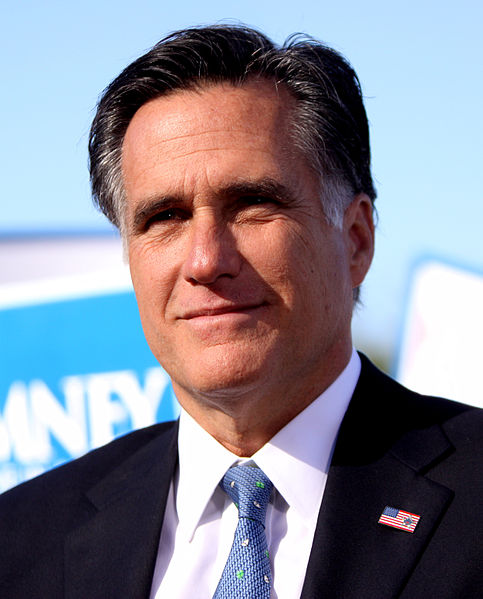Julian Moore,
Staff Writer
Photo by Robert Huffstutter
Former House Speaker Newt Gingrich captured the South Carolina Republican Primary on Jan. 21, again altering the Republican nomination field away from the once-assumed victor, Mitt Romney.
In addition to the disappointing South Carolina results, the Iowa Republican Caucus granted Rick Santorum the win in Iowa’s primary contest, stripping Romney of a close victory. The result left Congressman Ron Paul of Texas as the only remaining candidate for the Republican nomination without a primary win.
Going into South Carolina, Romney appeared to be well in command of the Republican nomination before watching his support go into a free-fall. Leading all fellow candidates at the end of last week by as much as 23 percent, Romney has seen in the past seven days his national support dissolve into a dead heat with Gingrich at 29 percent overall, according to Gallup.
In a rare and ominous moment, Gallup’s editor in chief Frank Newport himself said that Romney’s support was “collapsing” nationally, and that his South Carolina polls did not predict a strong finish. Romney eventually began to roll back expectations for a victory in the Palmetto State, inserting caveats in his stump speeches that he had long expected a close match against Georgia native Newt Gingrich.
As the first election in which Super PACs such as Karl Rove’s Crossroads Grassroots Policy Strategies and the Romney-supporting Restore Our Future have played a significant role, the personal attacks among each candidate in the Republican Primary have become famously nasty. Newt Gingrich’s checkered personal life and a racist essay attributed to Ron Paul and Mitt Romney’s ambiguous record as a job creator have both appeared in television commercials in states holding primaries. By the time polling had closed in South Carolina, Restore Our Future had already reported spending up to $3 million in Florida on ads attacking Newt Gingrich and others. But as the Republican primary field continues to move south to Florida, the party’s strategy for how it will defeat President Obama remains unclear.
The influence of negative politics is the style of campaigning a junior senator from Illinois disavowed when he was elected as president in 2008, and could potentially benefit from again in 2012. Yahoo! News reported in early December 2011 that during a conference call with the Republican National Committee, Republican strategists instructed campaign staffers to be “careful” about attacking Obama personally. Yahoo! reported that Republican pollster Nicholas Thompson claimed that “a lot of people feel bad for him,” and that demonizing the President may elicit sympathy from voters. Republican candidates have been more than happy to bash Obama’s policies, however, and in fact may prove to be the sole unifying theme in the Republican primaries.
Having exhausted the wide-scale optimism for hope and change that fired his 2008 campaign, President Obama and his election team appear to have focused the agenda for 2012: income inequality. In 2008 his tactic was based largely on playing to the center of American politics, promoting universal values like education and health care reform while portraying himself as a case study of modern American success. But when Obama arrived in Washington, the ideological coalition he had forged from the American people in his campaign was nowhere to be found, and his ambition for reforms didn’t translate to a hyper-partisan legislature. The President’s two monumental policy victories, the TARP stimulus bill and health care reform, were disfigured by long political battles few Americans had anticipated.
Obama’s new direction, targeting income inequality, hopes to recapture his base on the left. The prolonged economic downturn that has lasted through Obama’s presidency will come again to the fore as a focused social issue on the President’s agenda, carrying much of the same centrist spirit of the hope and change from 2008. Perhaps the most valuable aspect of income inequality for Obama, however, is that the issue will likely cast Mitt Romney in stark contrast to the President come election time. While unemployment in the United States hovers near 9 percent, Mitt Romney’s net worth is currently estimated at $450 million from his career in business. It’s important to note that Obama himself is part of the top one percent of American earners with a net worth near $5 million, but most of that came from his career as an author, detailing the struggle of Americans who still can’t afford health insurance.












Comments are closed.